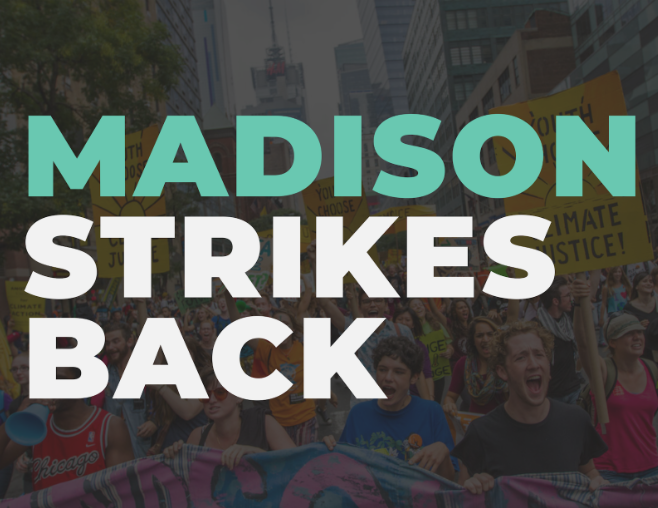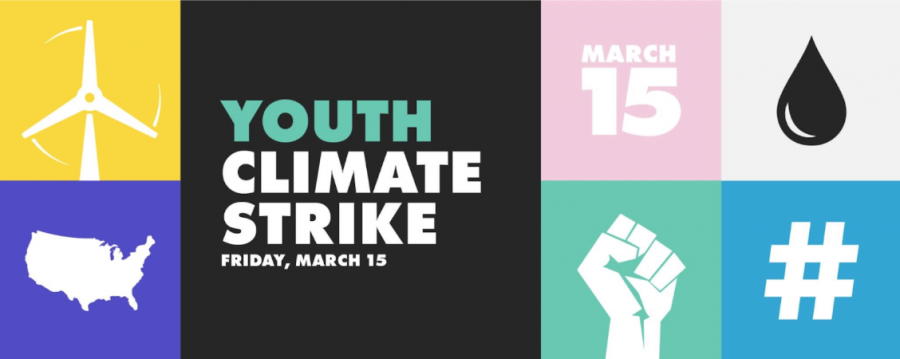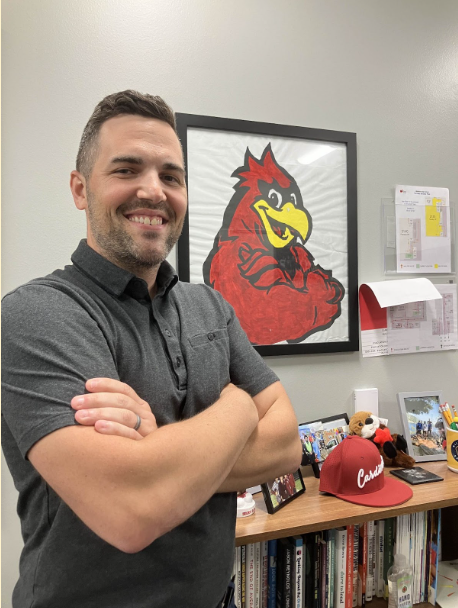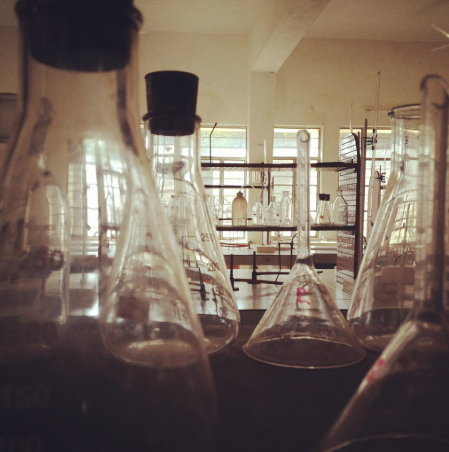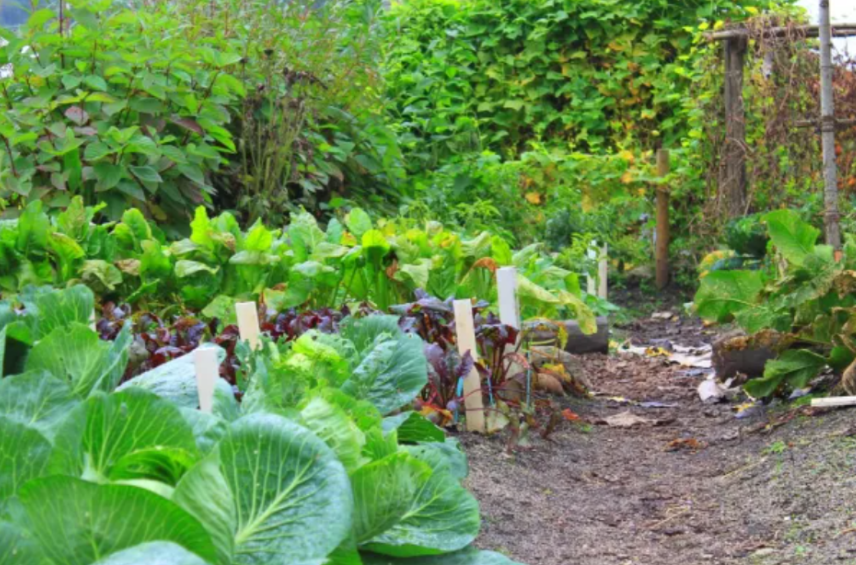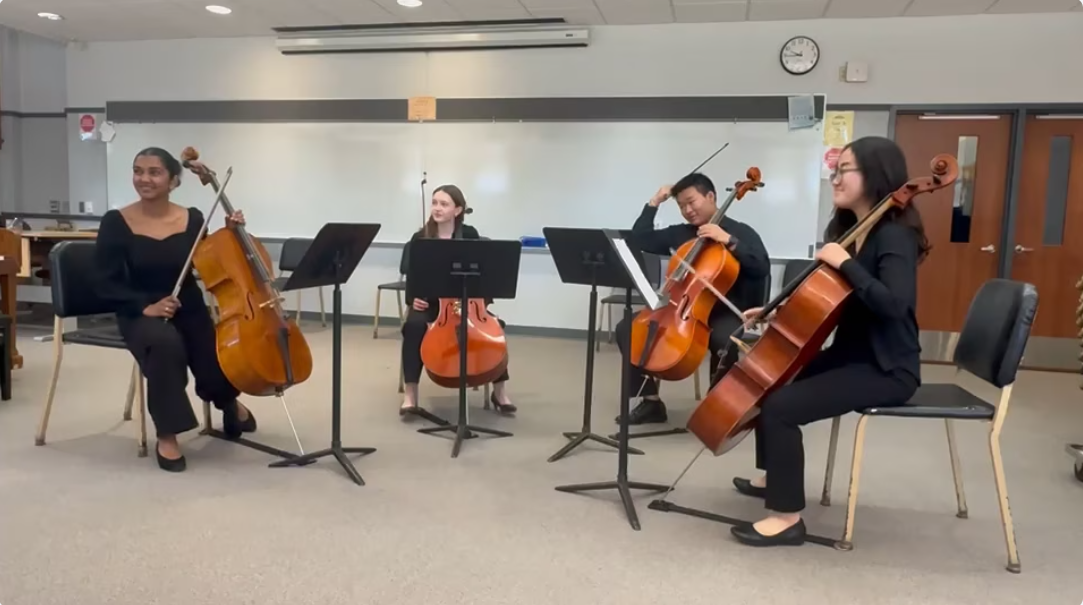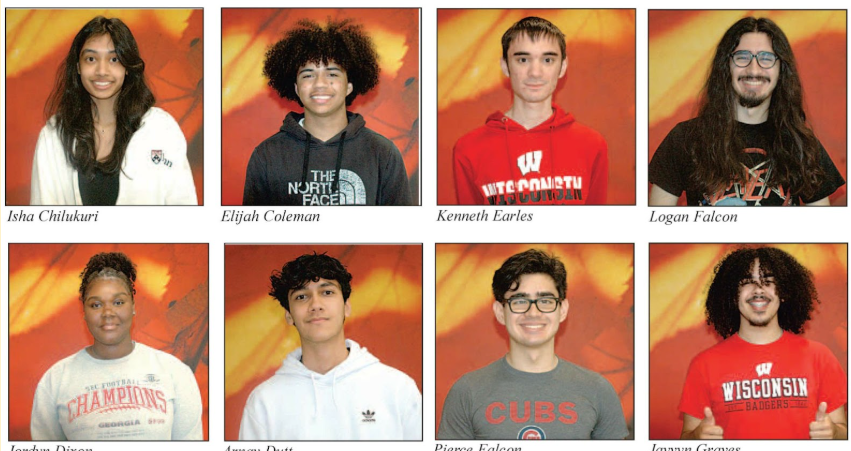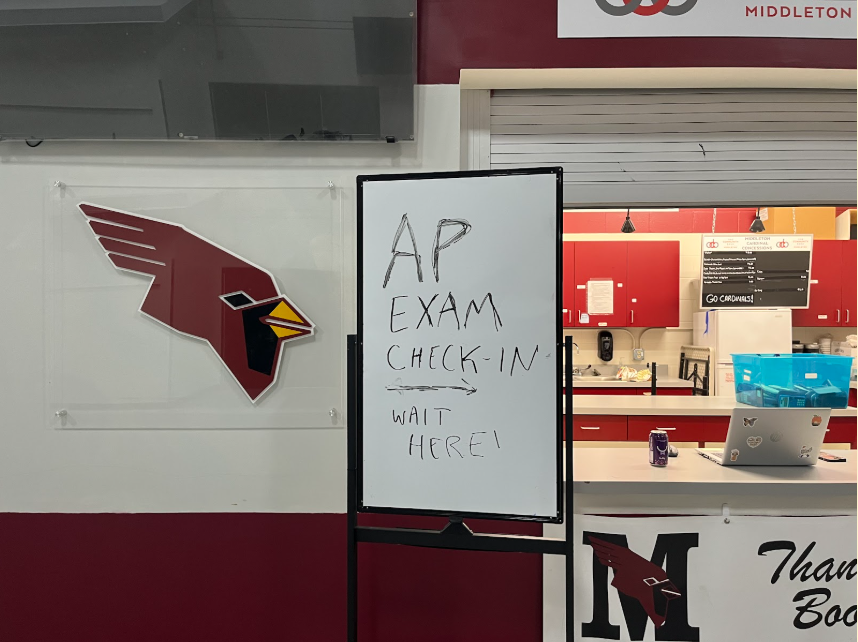Students Organize Strike To Protest Climate Change Inaction
Wisconsin students fight back against climate change as the dire consequences loom on the horizon
March 12, 2019
Climate change is a commonly disputed topic that scientists have proved on countless occasions. Climate change is defined as the heating of the atmosphere due to the increase in carbon dioxide. The effects range from an increase in temperature to the destruction of habitats. The 20th century was marked by the industrialization of many Western nations, which led to an excel amount of greenhouse gases. Furthermore, our carbon footprints have done all but dissipated in the 21st century. Now, scientists estimate that we have 11 more years until the effects of global warming become irreversible.
The fight for sustainable energy has been fervently supported and fervently criticized. Governments across the globe have taken differing stances. One of the most notable attempts to reduce polluting fuels happened on November 17, 2018; Emmanuel Macron, the President of France, proposed an increase in fuel taxes, specifically diesel; Macron’s attempt to curb carbon emissions led to rioting in the streets. However, no such effort for sustainable energy has been made by the current administration in the United States. Middleton High School senior and Wisconsin representative for the Youth Climate Strike Max Prestigiacomo, as well as many other students in Wisconsin, are taking matters into their own hands. A Climate Strike will be held on March 15, with schools hosting events at their schools to protest climate change. Schools are invited to march to the Wisconsin State Capitol starting at 11:45 am.
Prestigiacomo, as well as other organizers throughout the state, procured the original idea from Greta Thunberg, a teenage political activist working in Sweden and across Europe to stop global warming and climate change: “She has been doing strikes for the climate for a year now. It’s become a really big movement; one hundred thousand students have done it. Now it’s coming to the U.S. for the first time, so there’s a national organization that’s overseeing every state. I’m the statewide lead organizer for this, so there’s me, and then since Madison is our main march, there is a Madison lead. Ella Roach is actually the state communications person, so she’s helping us plan all over the state. So basically, we are working with 50 organizers right now across the state. A couple of weeks ago where some of us were on a phone call for those who are interested, not even getting involved, but leading the march. We kind of took initiative from there to organize a committee.”
Prestigiacomo explains, “There is a state committee and a state lead. We have the Madison committee, which is organizing the Madison strike, and then every school that is interested in organizing something is having a state lead. So Middleton has four state leads, including myself – I’m just kind of there as a figurehead; I’m just kind of overseeing it. Lauren Dahler, Ella Roach, and Rupa Ballamudi are the state leads for Middleton. They are going to be coordinating buses, button sales, advertising for the strike, [and] anything strike-related that is going to be happening at Middleton.”
When asked about politicians who criticize the factuality of climate change, Prestigiacomo said, “The fact that there is that dissidence from politicians and the school system – the facts and what our politicians are saying – the fact that we have politicized science is what we are marching for. Because we are skipping our education to educate others.”
The Youth Climate Strike will take place at the Wisconsin State Capitol, and according to Prestigiacomo, over 1,000 students are expected to attend. He explained that high schools such as Madison West, Madison East, Madison Memorial, La Follette, Sun Prairie, Monona Grove, McFarland, Verona, Middleton, Appleton North, and Portage are participating in fundraising and events at their schools, but even more schools are expected to show up to the Capitol.
Prestigiacomo detailed the specifics of the Climate Strike: “We are going to be marching from East High School, so about a 45-minute march. It’s about 2.5 miles from East High School to the State Street side of the Capitol. Once we get to the Capitol we’re going to have a little rally there, we’ll have student speakers – including myself, some activists, and Mark Pocan is speaking. So we’re hoping to have a good time at the rally, and following the rally, we’ll be going inside the Rotunda, inside the Capitol. We’ll be doing some chants, you know being inside that Capitol is pretty powerful to witness. On the way in, we’re going to ask students to write on green sticky notes a note to their legislator. Then we will give them a list of every legislator that’s opposed to the green policies in the past and will in the future. We have done some communicating with the legislators asking, ‘Who will support this and that?’”
According to Prestigiacomo, the Middleton committee is raising money for buses to transport students to the Climate Strike. “We’re in the process of deciding whether we are going to fundraise, which is what I am pushing for with the organizers. I’m not one of the Middleton organizers, but there are leads (Ella Roach, Lauren Dahler, and Rupa Ballamudi). We are expecting a bus for Middleton, but schools around the state are going to be getting buses if we can raise more funds. We have a GoFundMe going, and we have partnerships too.”

When asked about other actions individuals can take to reduce their carbon footprint, his answer was immediate, “This is our big agenda, because what is a strike besides just coming and protesting? We want to make some real difference here. Because politicians might not be the most reliable, we should push the narrative that it starts with the individuals. So basically we want people to invest in renewable resources – so electric energy, nothing that uses fossil fuels -, carpool, use public transportation, buy clothes from second-hand stores, walk or bike instead of using a car, washing clothes using cold water, garden, reuse straws, don’t use as much plastic – the list goes on.”
Prestigiacomo profoundly declared, “It’s not just our generation that is living, that will be experiencing this. I don’t think our politicians realize that. It’s almost like they have tunnel vision. When they pass something they think, ‘What can we pass in the now?’ But when us students, us organizers, think about it we say ‘How will this affect us and future generations to come?’ Because this isn’t just our planet. We share it with other species and other generations to come.”



